
No Place to Park
In this generation, it's hard for a person to plead for something without falling into sadness or a sense of entitlement as if he deserves something...

One of my students was looking for a parking space in the crowded Jerusalem outdoor market on Friday morning when the marketplace was jammed. Every time a space became available, ten cars pounced on it. My student was pleading with Hashem to give him a parking place, but after twenty minutes of circling around, no space became available. The student recalled my teachings about gratitude and said to himself, "Maybe I should just thank Hashem instead." For the next several minutes, he said, "Thank You, Hashem, that the marketplace is so crowded and I don't have a parking place. Thank You, Hashem, that it's wintertime and Shabbat comes in early and I have little time to shop, much less prepare. Thank You,  Hashem, for putting me totally dependent on You…"
Hashem, for putting me totally dependent on You…"
My student continued thanking Hashem in this manner three or four minutes, and all of a sudden, a young man opened his car door and waved at him, saying, "Shalom, my brother. I'm pulling out now. Here, I've held the space for you. Pull in." Another six or so irate drivers started yelling at the young men claiming that they were in line first. "That's my good friend," the young man claimed, "I've been waiting for him." My student never saw that young man before in his life.
After Shabbat, my student told me the story and asked me why twenty minutes of prayer went unanswered while three or four minutes of expressing gratitude worked miracles. I explained to him that in this generation, it's hard for a person to plead for something without falling into sadness, or at least a sense of entitlement as if he deserves something. In such a case, the prayers become counter-productive. But, when a person says expressions of gratitude, they go straight up to the Heavenly throne. No angel or Heavenly prosecutor has the right to interfere with a song of thanks that a person sings to Hashem or any other expression of gratitude that someone wants to express to Hashem. I'll give you an example of how that works: suppose you call up the personal assistant of a very busy politician and request a meeting, for you have a list of requests to make. It's doubtful that you'll get the meeting. But suppose you phone that same personal assistant and tell him that you have a sizable donation to make toward that politician's campaign fund; you'll be ushered right in! That's the difference: when a person asks something from Hashem, who says that he deserves to be answered at all? Further, all types of accusations can arise, "he doesn't deserve it" and so forth. But when a person says "Thank You" to Hashem, he is making a statement that he believes that Hashem is doing everything for the best. This is above any accusations. Such an expression of thanks is the greatest expression of emuna – it goes right up to Hashem.
Another one of my students deals in rare gems. He was presented with the opportunity of buying diamonds for a song in Africa. He travelled to Africa with a tremendous amount of cash, and he met the contact man. This African took his money and disappeared. My student was left with no money and no diamonds. He phoned me in Israel and asked my advice him what he should do. I said, "Don't say a word – just thank Hashem!" Luckily, the student heeded me. For the next several hours, he only thanked Hashem. "Hashem, thank You that some African ripped me off. Hashem, thank You for Having me lose my money instead of my life. Hashem, You do everything for the very best. Thank You that I'm far away from home and that I'm dependent on no one but You."
All of a sudden, a car pulled up alongside him. An African man opened the window and asked, "Are you such and such from Israel? Come on, get in the car." The student's first thought was now that the Africans had ripped him off, they were now going to kill him. Yet, the African spoke kindly and my student felt that he had nothing to lose. The African got him a room in the best hotel, returned him all his money, and later arranged for him to purchase fantastic diamonds at a fraction of the market price. Such is the power of thanking Hashem, especially in difficult times. Try it and see what it does to your life!





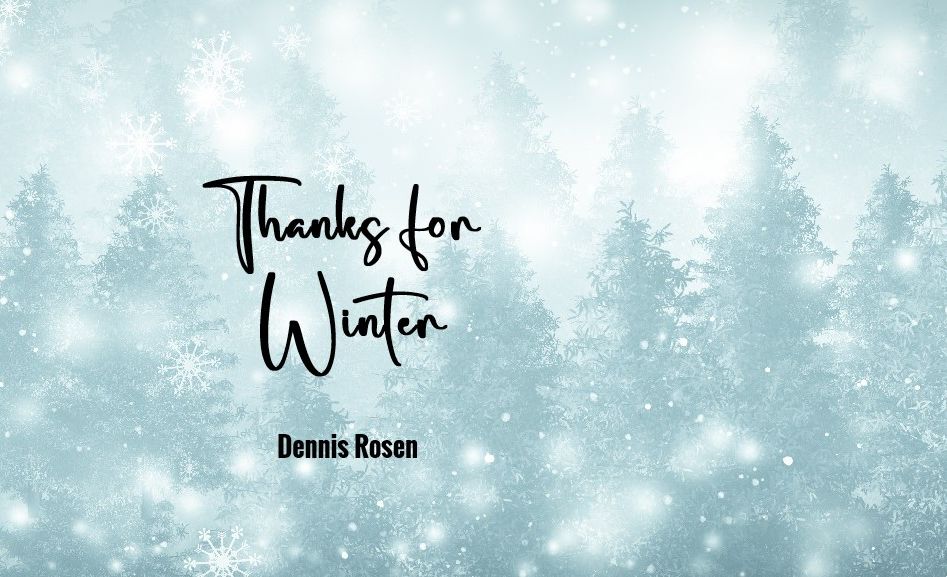
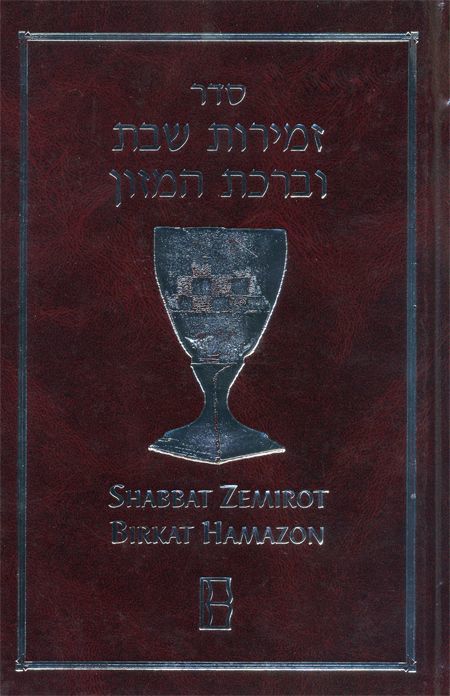
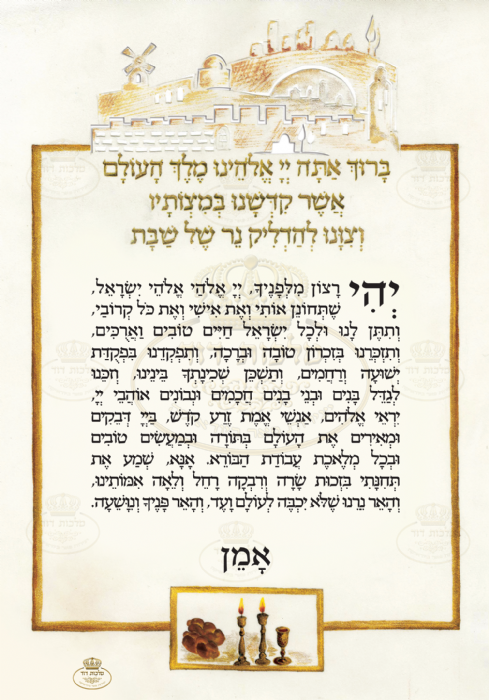
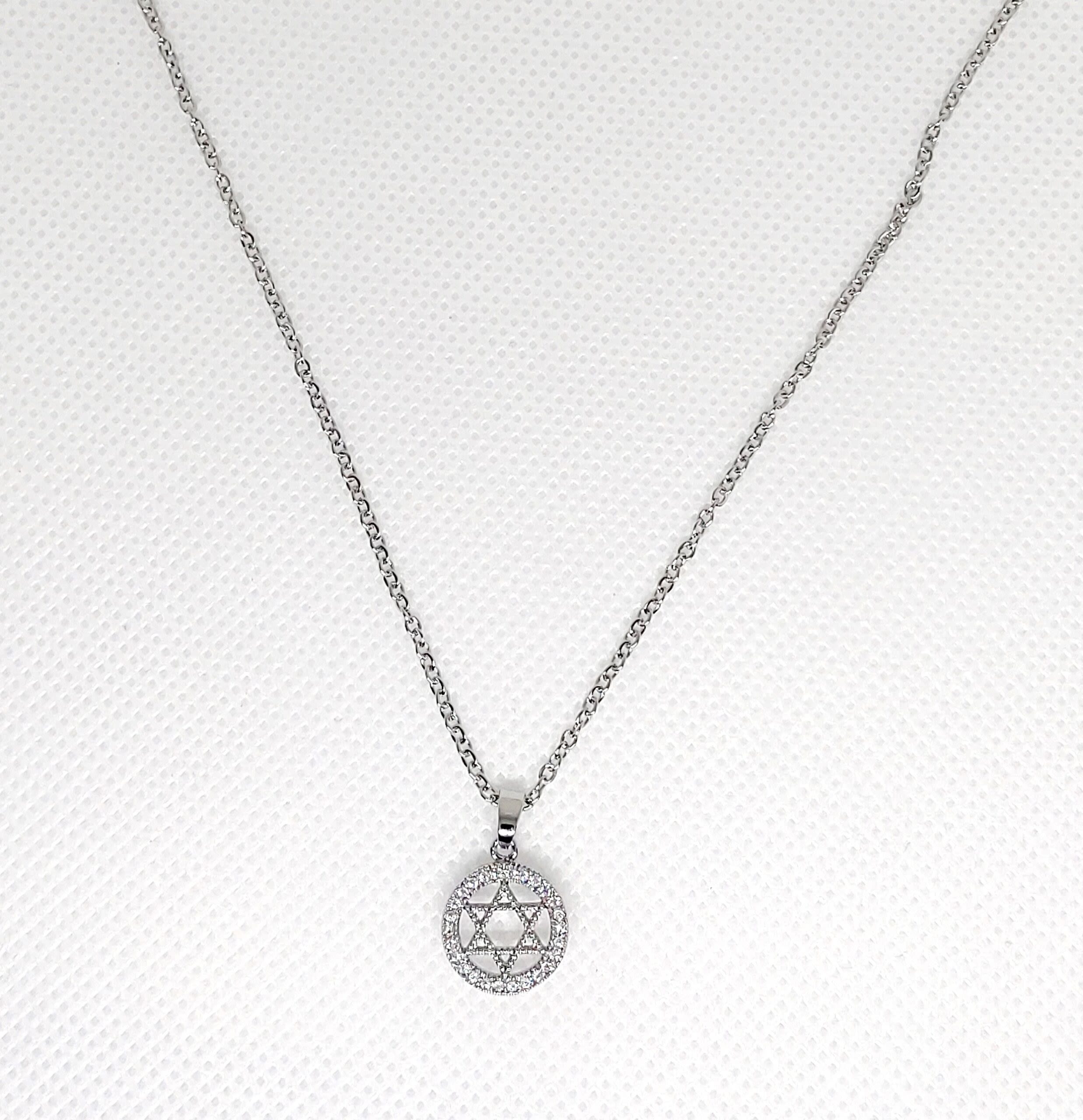

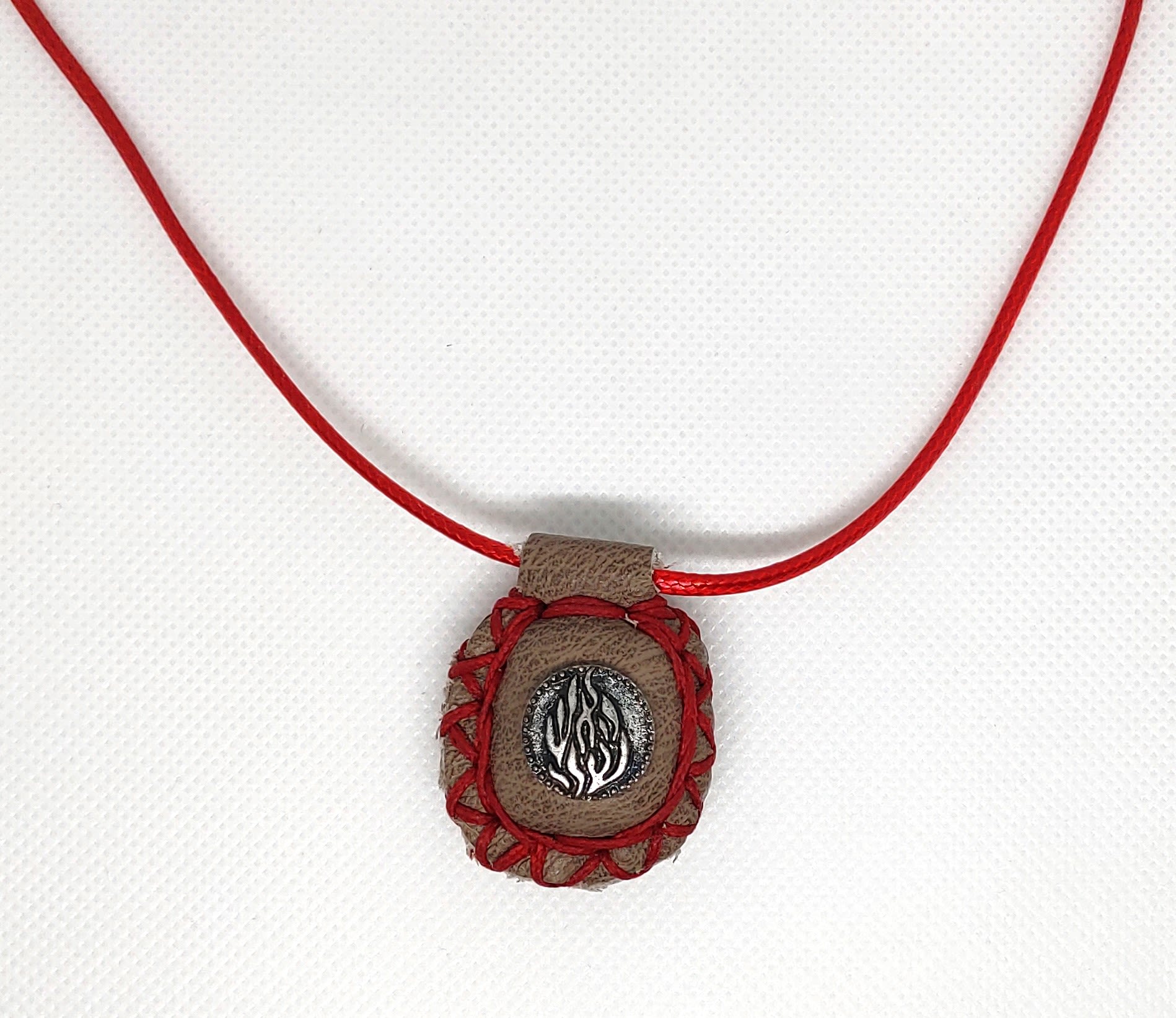
Tell us what you think!
Thank you for your comment!
It will be published after approval by the Editor.